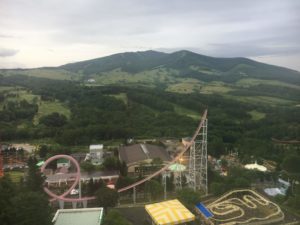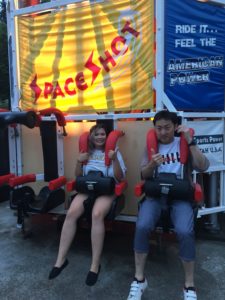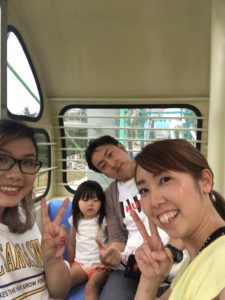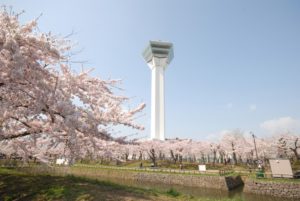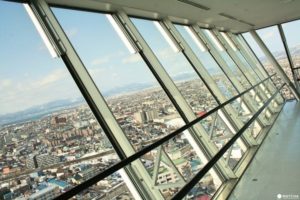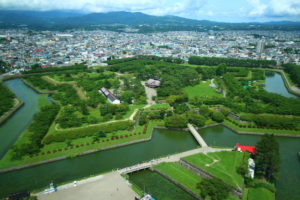Conversation
The most effective way I’ve found to improve my conversational skills is by finding native language partners. I think conversation practice is often the hardest for people beginning to learn a language. When you are just starting out, you realize how bad your language skills are; and thus it’s embarrassing to try to use them in actual conversation. There are also many moments of misunderstanding and frustration when you’re unable to understand your partner and express your own insights. Nevertheless, I have found that many Japanese university students have been eager to help me in my language study. If real-time conversation is too daunting, I have also found text conversation to be helpful in learning conversational phrases. In the case that study abroad is impossible, I know many people who have found language partners online and through apps. The resources are there as long as you are willing to look.
Vocabulary
In my opinion, vocabulary needs separate practice from conversation. There are many words that, while important and useful, just aren’t used that often in everyday conversation. I usually do practical vocabulary study by reading a book (with furigana provided for kanji) with my phone dictionary on the ready and a memo pad to record words that I consider important. I am rather selective in what words I choose to record. For example, I usually only record words that I think would be useful for me in conversation and essays. If a word seems to be too rare or irrelevant, then I will just look up the meaning without recording it.
Kanji
Kanji practice is the most difficult for me. I have yet to find a fun or interesting means of studying the characters. Thus far, I have only found a few ways to expedite the process. Many kanji characters contain other, simpler kanji within them. Thus, if you can get a grasp over the basic building blocks, then it becomes much easier to learn new kanji. In the past, I used to try to remember kanji based on individual strokes. This process is very difficult and error-prone. Nowadays, I pay special attention to the building blocks since they sometimes even are helpful for figuring out the meaning of new words.
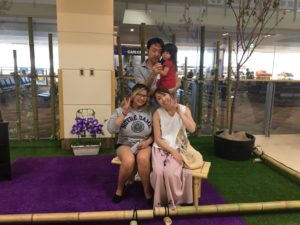
 a
a
